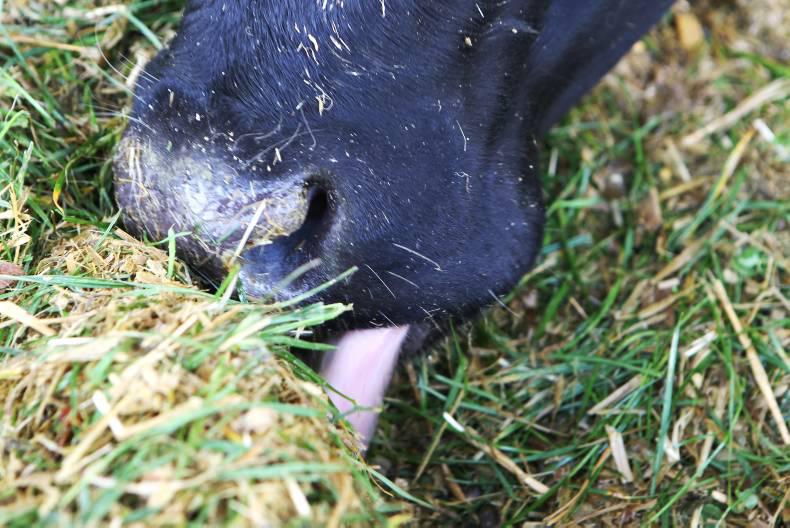Every herd will have experience of occasional late-term abortions in cows. The cause in many cases is not diagnosed, despite the best efforts of vets and laboratories, and this can be very frustrating for farmers.
Recently we have had a few herds with confirmed cases of abortion due to listeriosis. Listeria monocytogenes is a bacteria common in the environment, especially in soil. As a result, it is often present as a contaminant in silage, especially if weather conditions are poor at the time of harvesting.
The high acidity of well-preserved silage limits the survival and growth of listeria, so on most farms it is not a problem.
However, the lower acidity of spoiled silage enhances its multiplication and can lead to outbreaks of disease. Mouldy silage and the top few inches of the pit are the main risk areas, and the disease is certainly more common on farms that feed mainly baled silage.
We usually don’t see big outbreaks of listeriosis and our recent outbreaks were limited to one or two abortions each. These cows were about seven months in calf and did not show any other symptoms other than the loss of the calf.
Diagnosis was achieved by the regional veterinary laboratory, where listeria was cultured from the stomach contents of the aborted calf. Listeria can also cause an infection in the brain similar to meningitis, the main symptom of which is animals walking in circles. Interestingly, one of our herds had both abortion and brain infections.
Limiting soil contamination of silage at harvest is the first step. Careful handling and storage of baled silage will minimise spoiled areas under the plastic.
Avoid feeding mouldy silage, especially to pregnant animals, and removing uneaten silage from the feed area regularly will limit exposure. Brain infections can be treated successfully if diagnosed early, but simple preventative steps should make listeriosis a rare disease on most farms.
Michael O’Meara works at Gortlandroe Vet Clinic, St Conlon’s Rd, Nenagh, Co Tipperary. Gorltandroe Vet Clinic is part of XLVets. For more, go to www.xlvets.ie.






 This is a subscriber-only article
This is a subscriber-only article










SHARING OPTIONS: